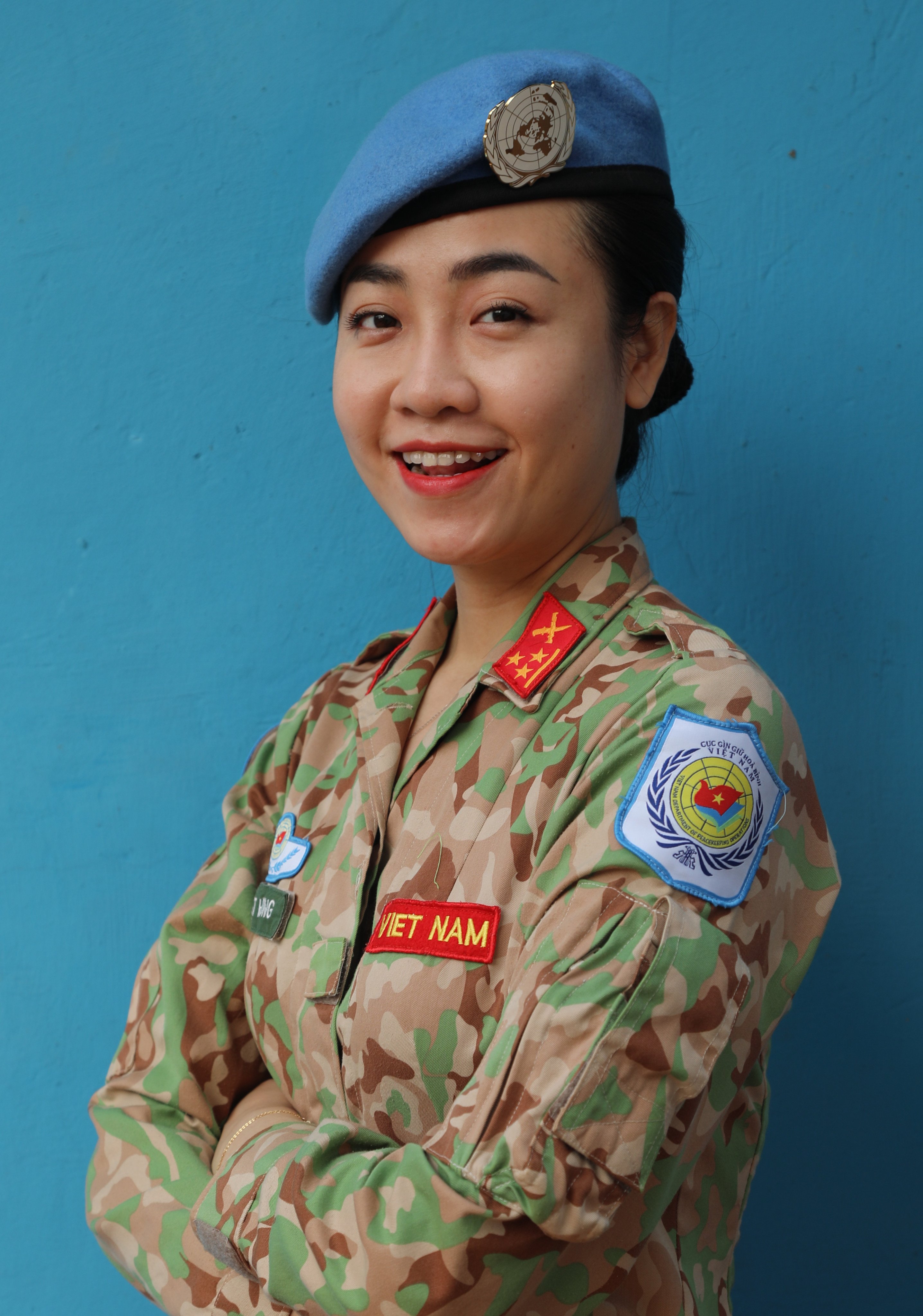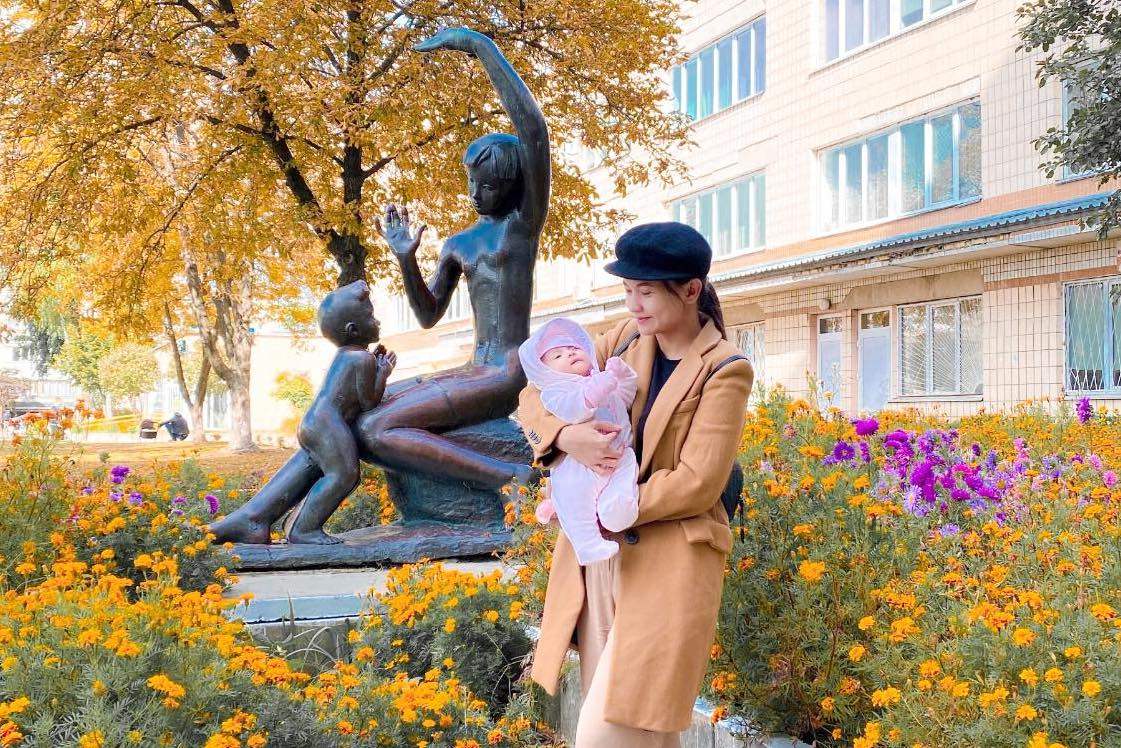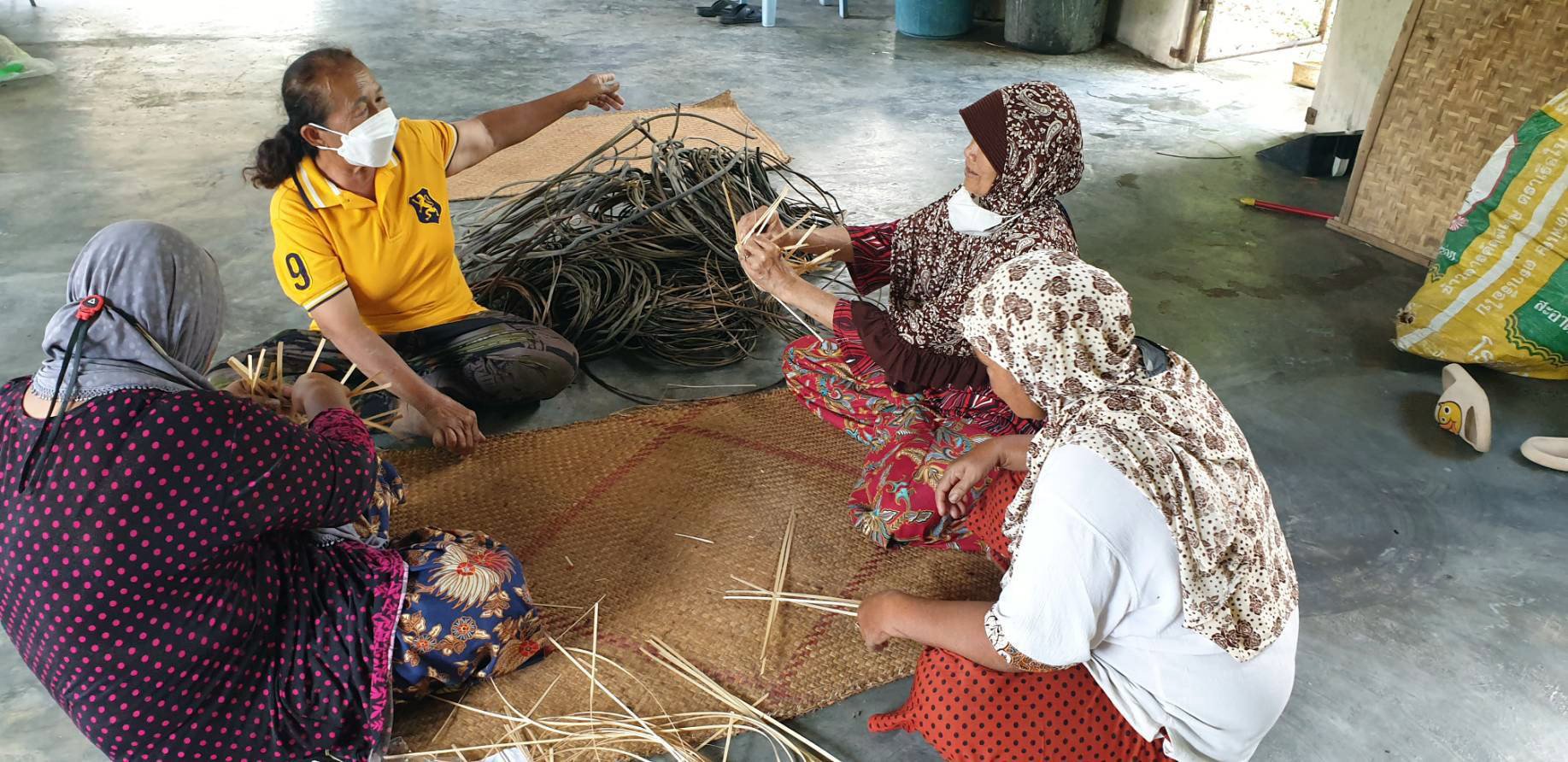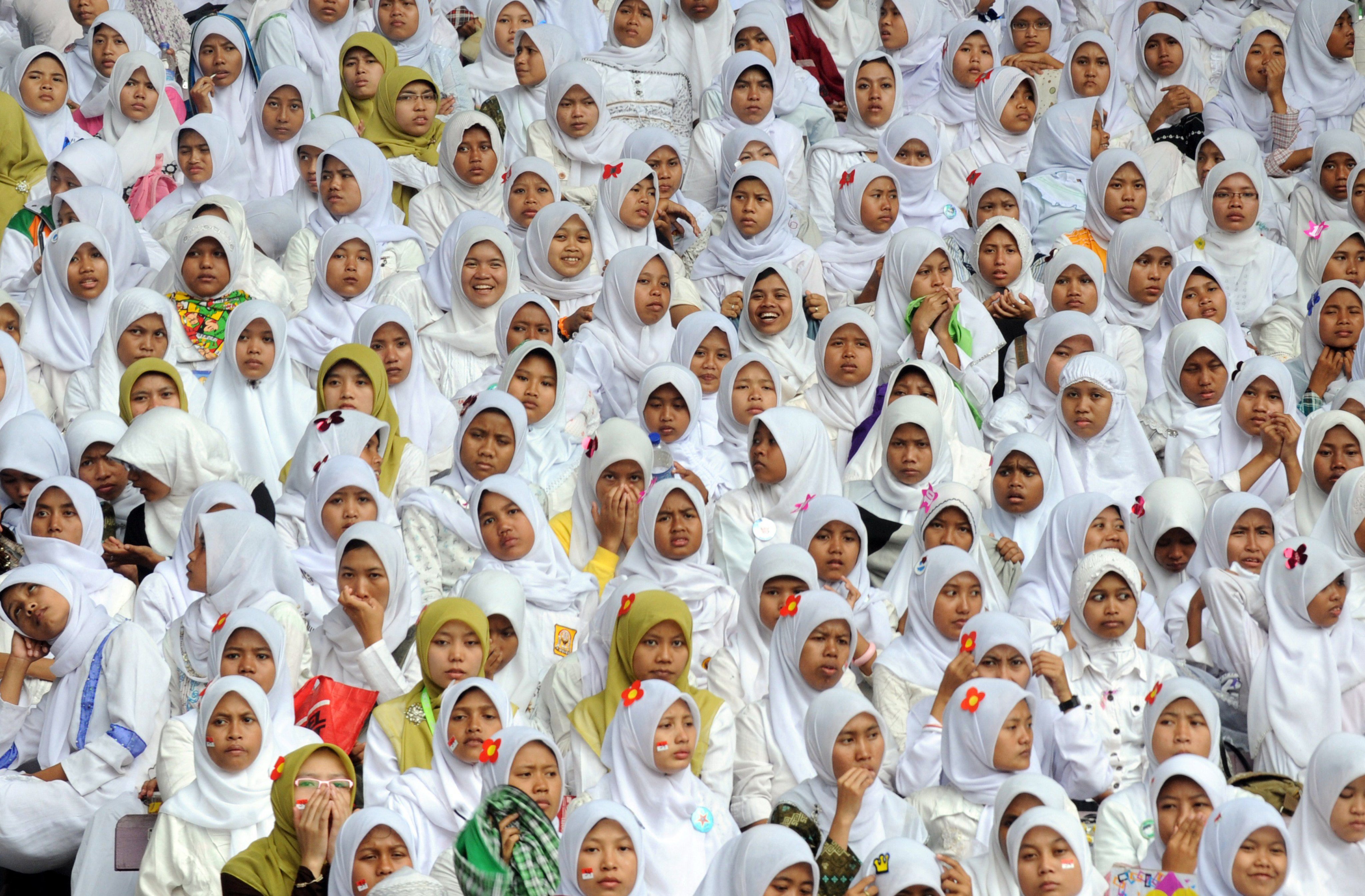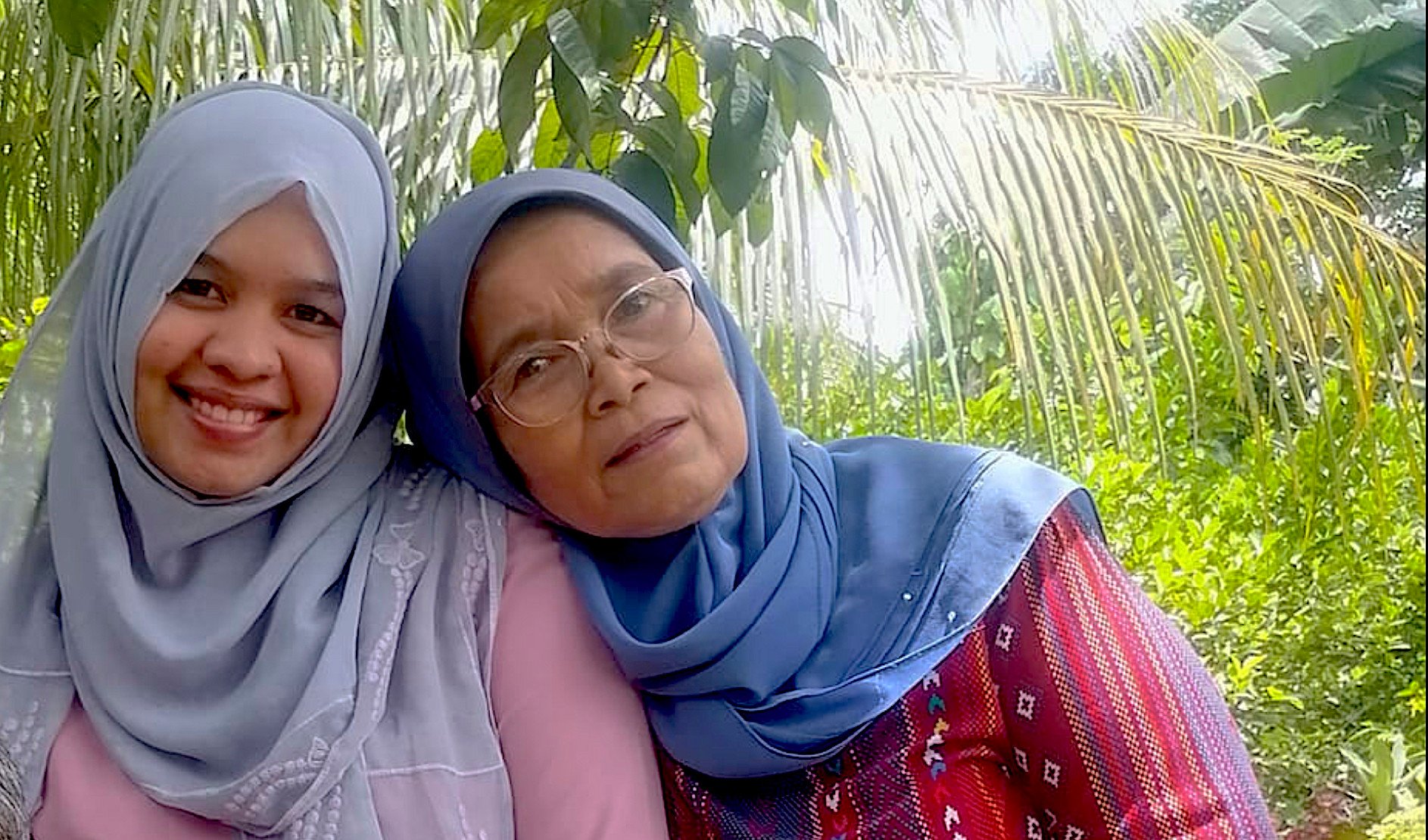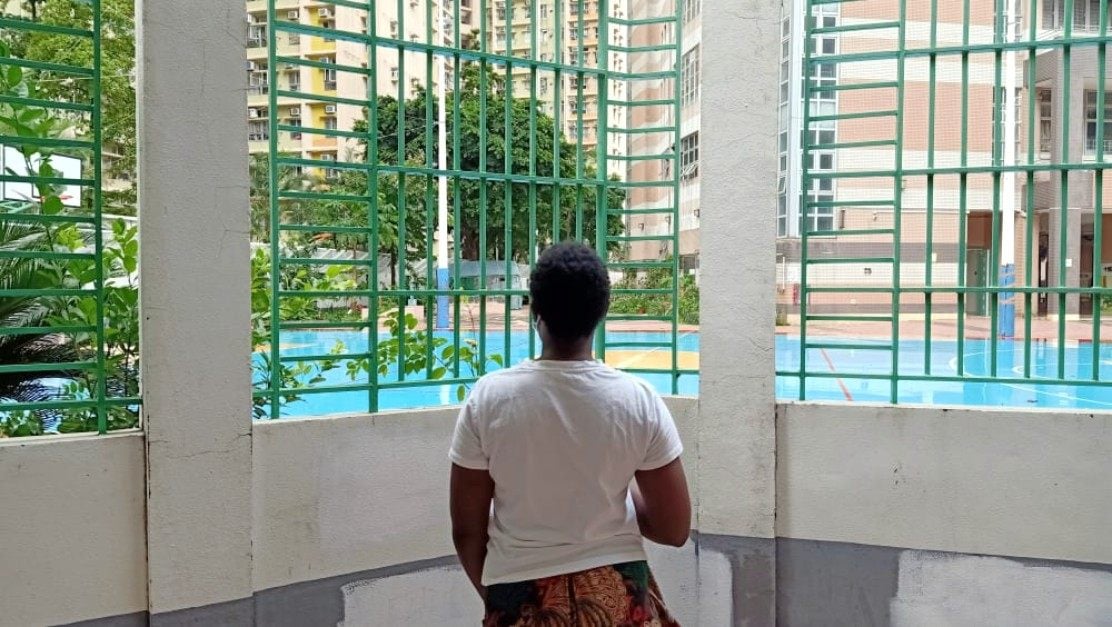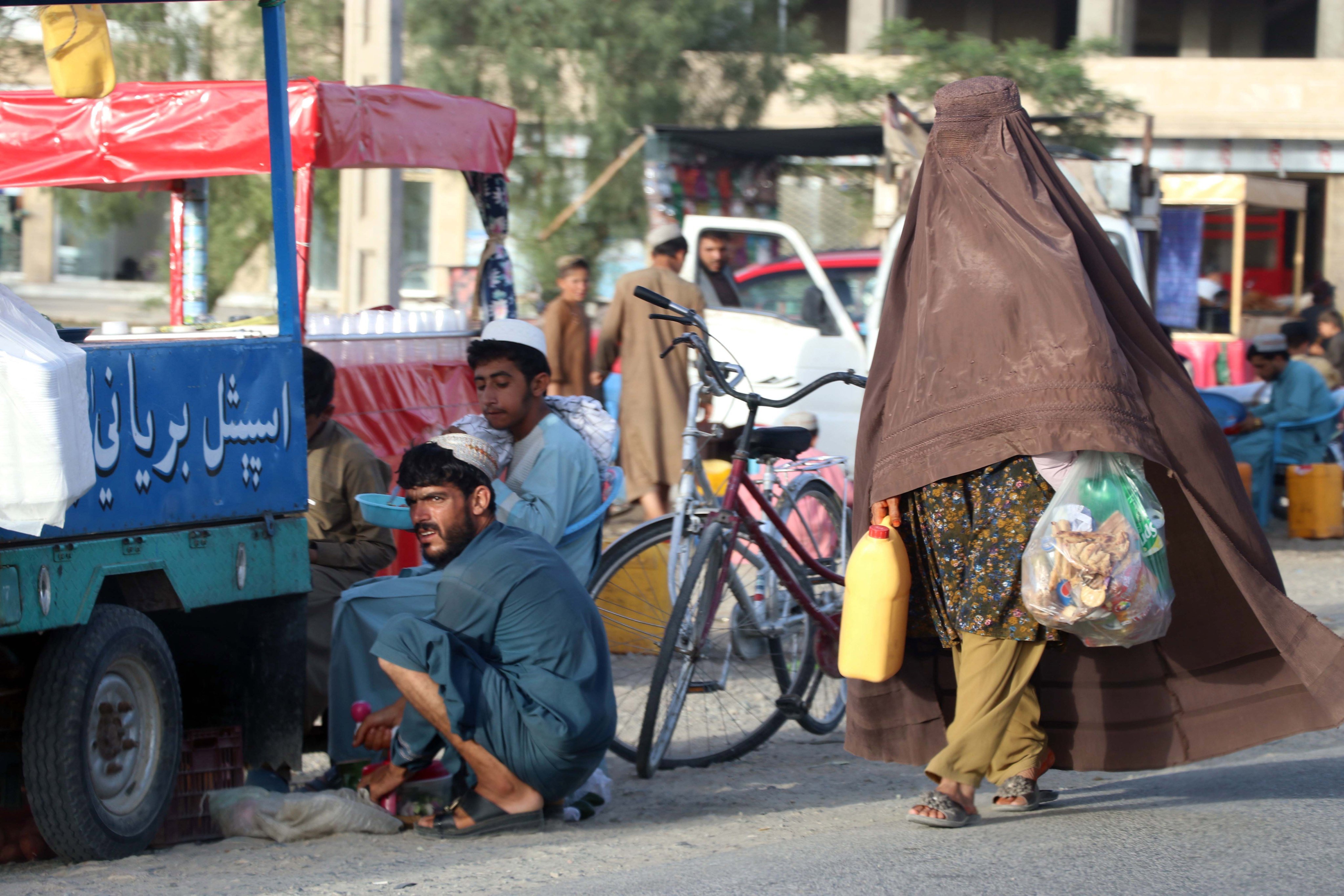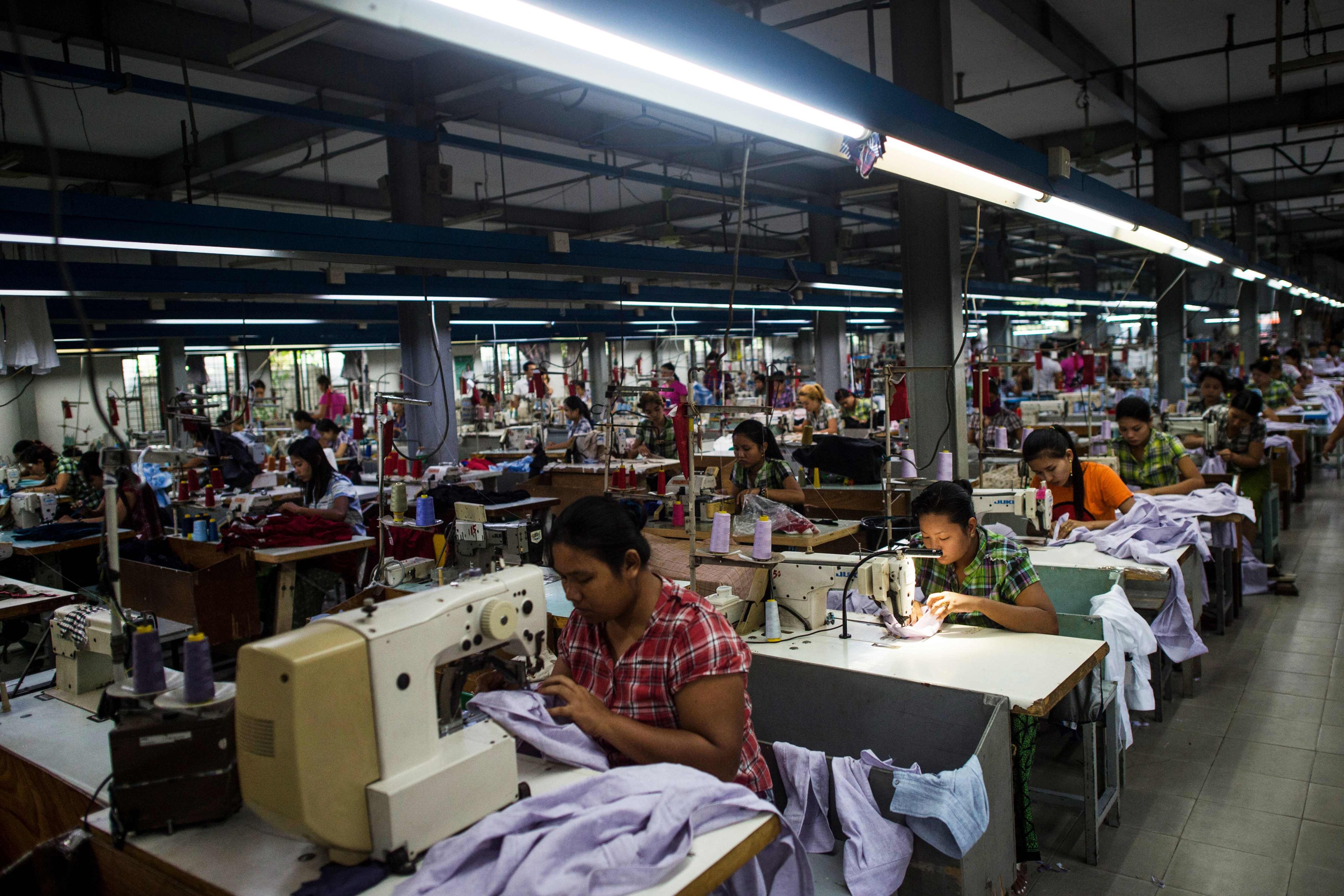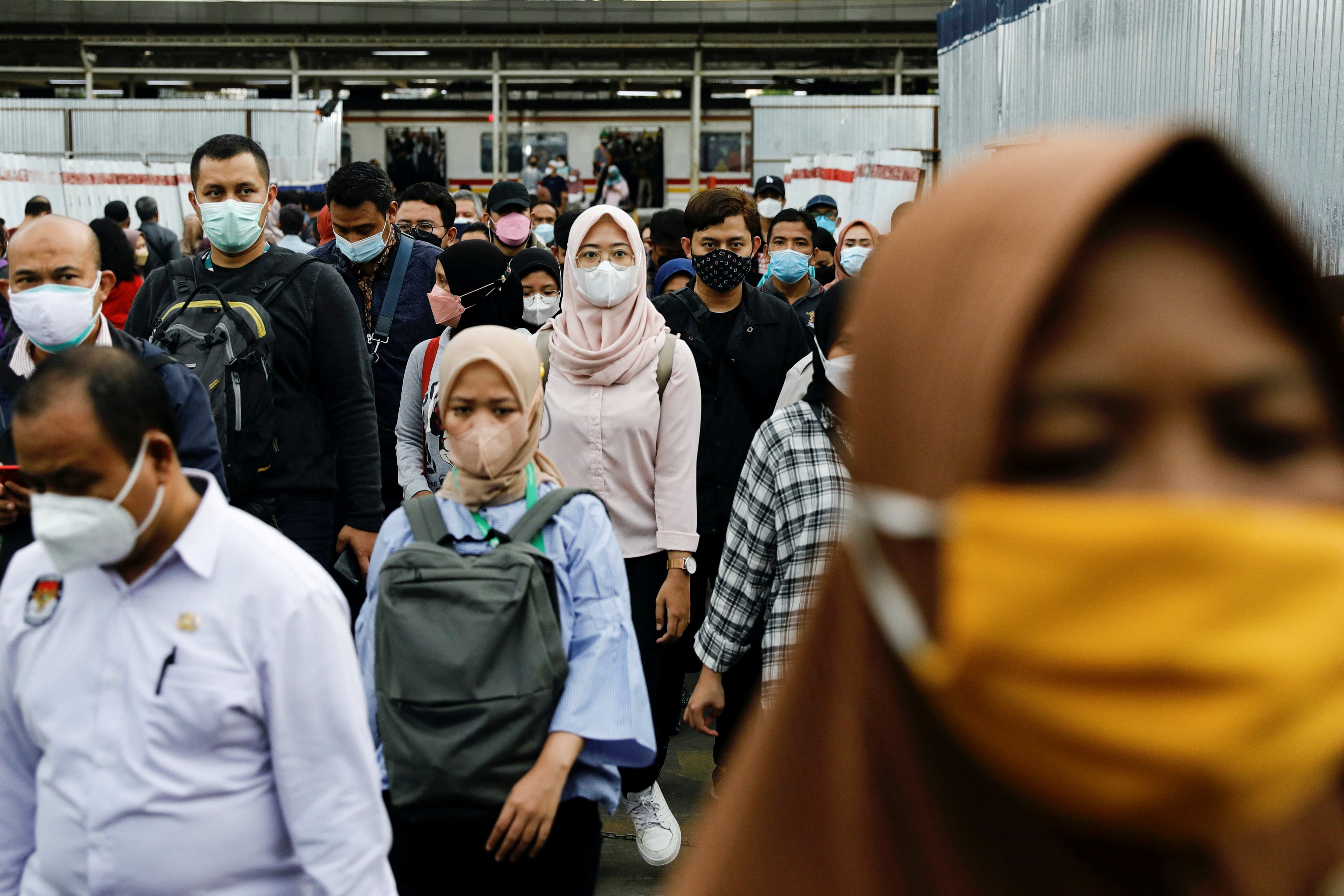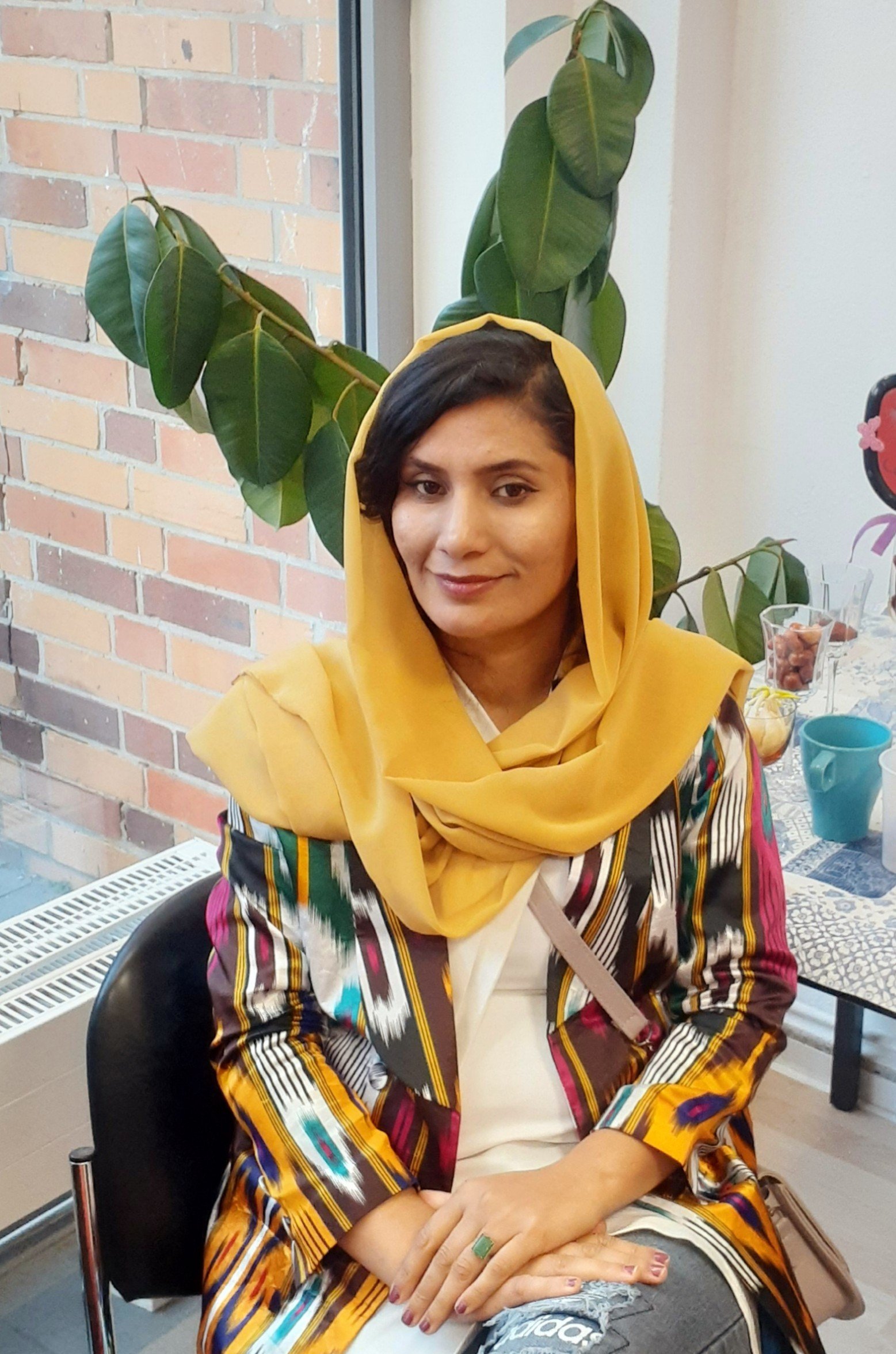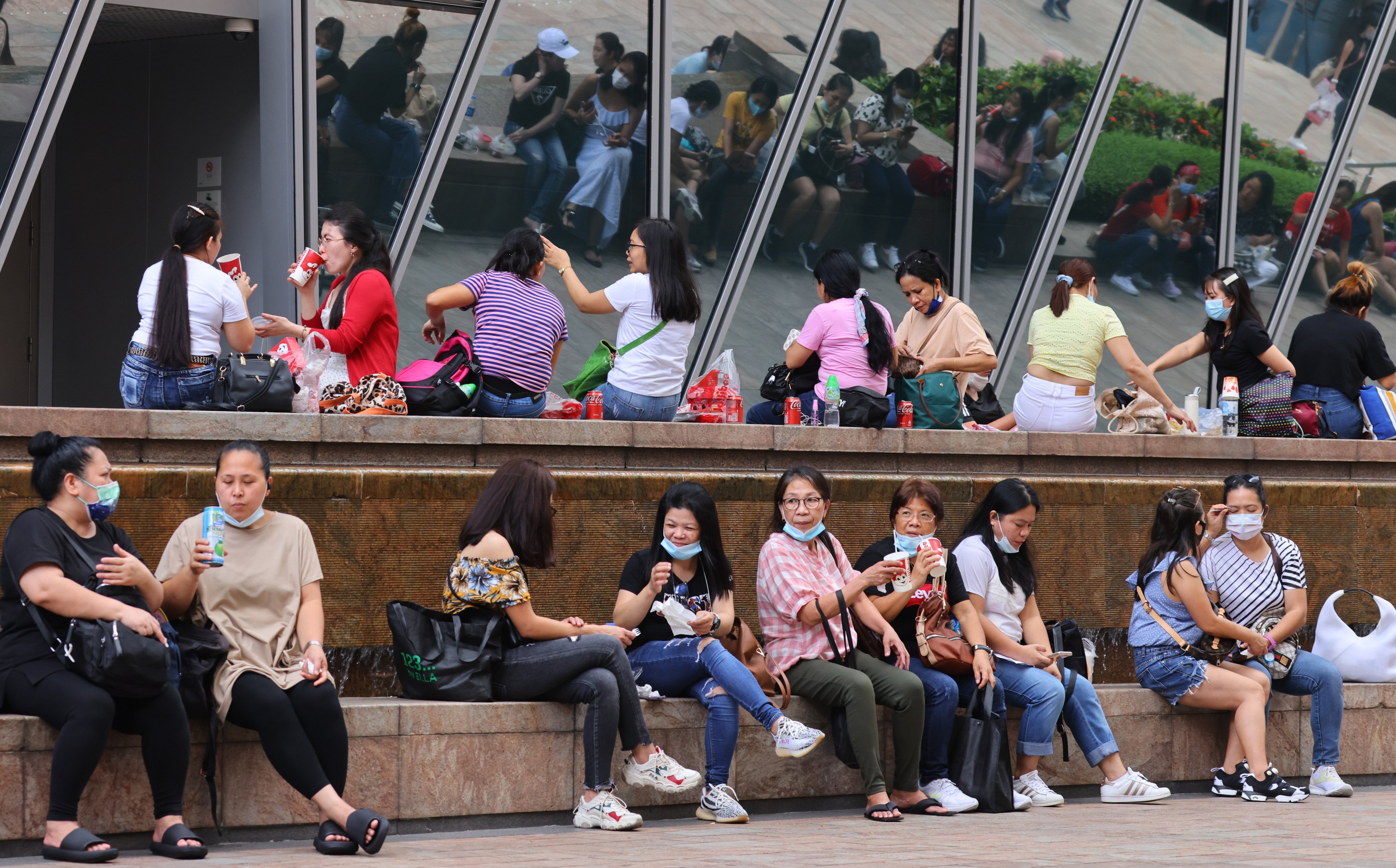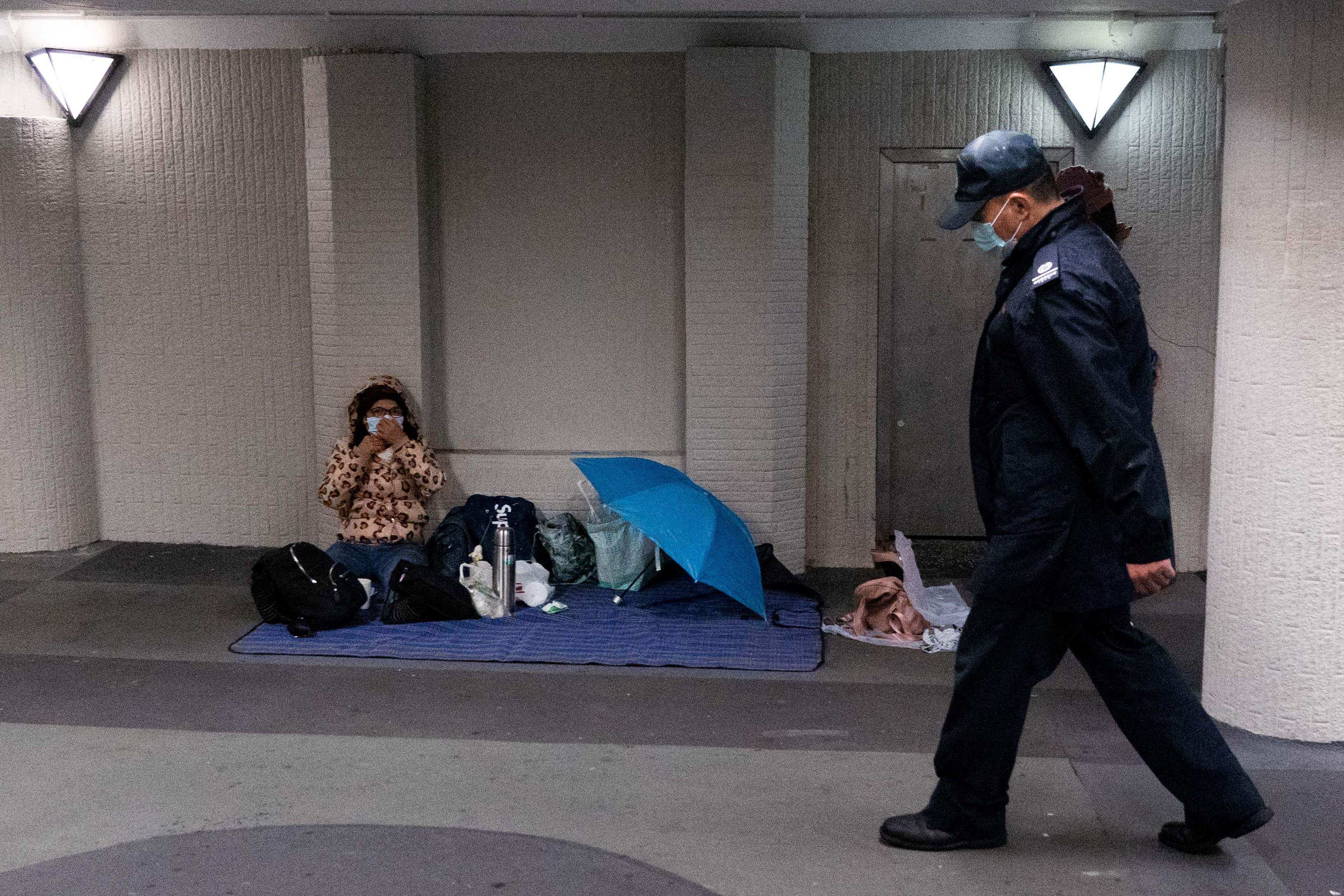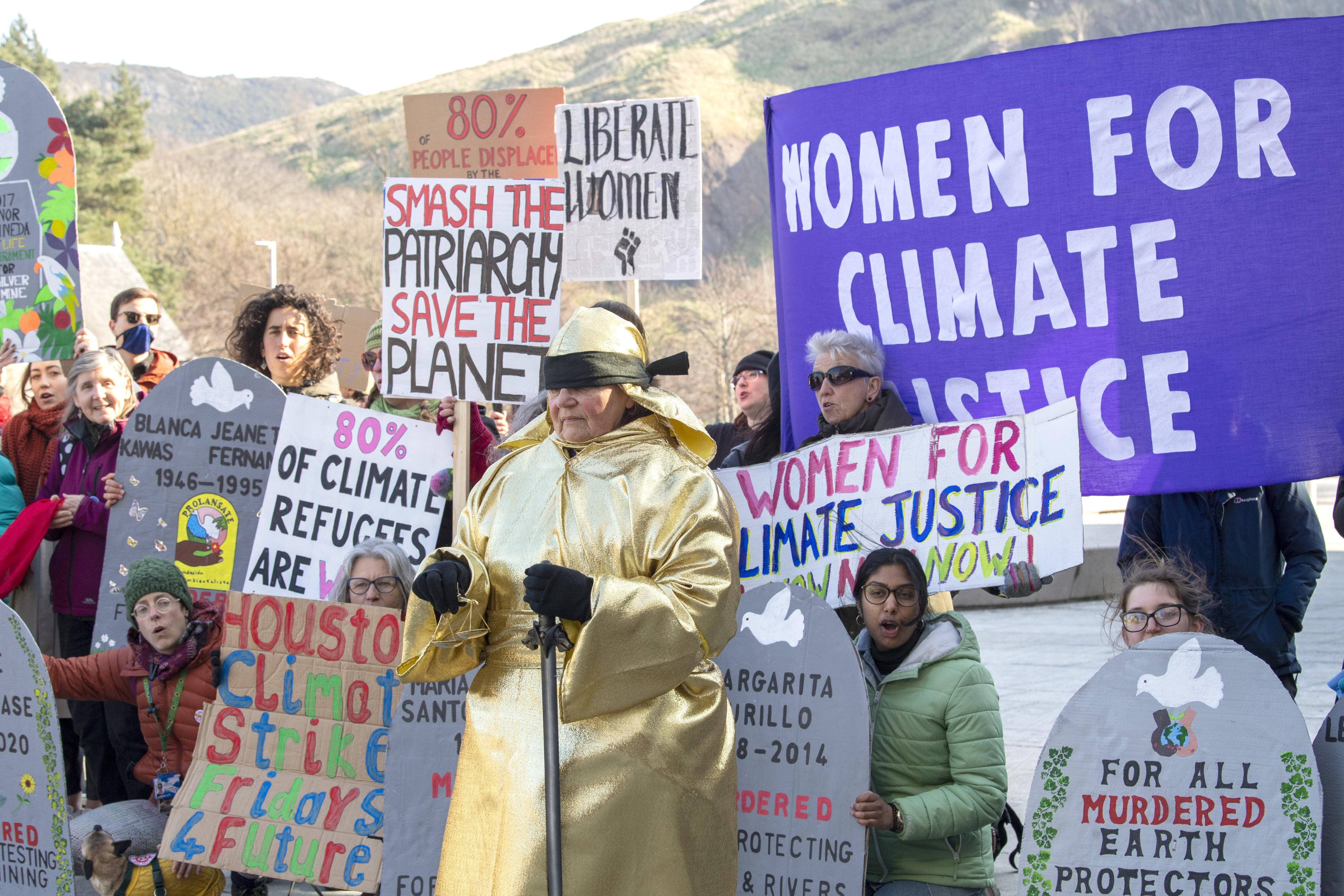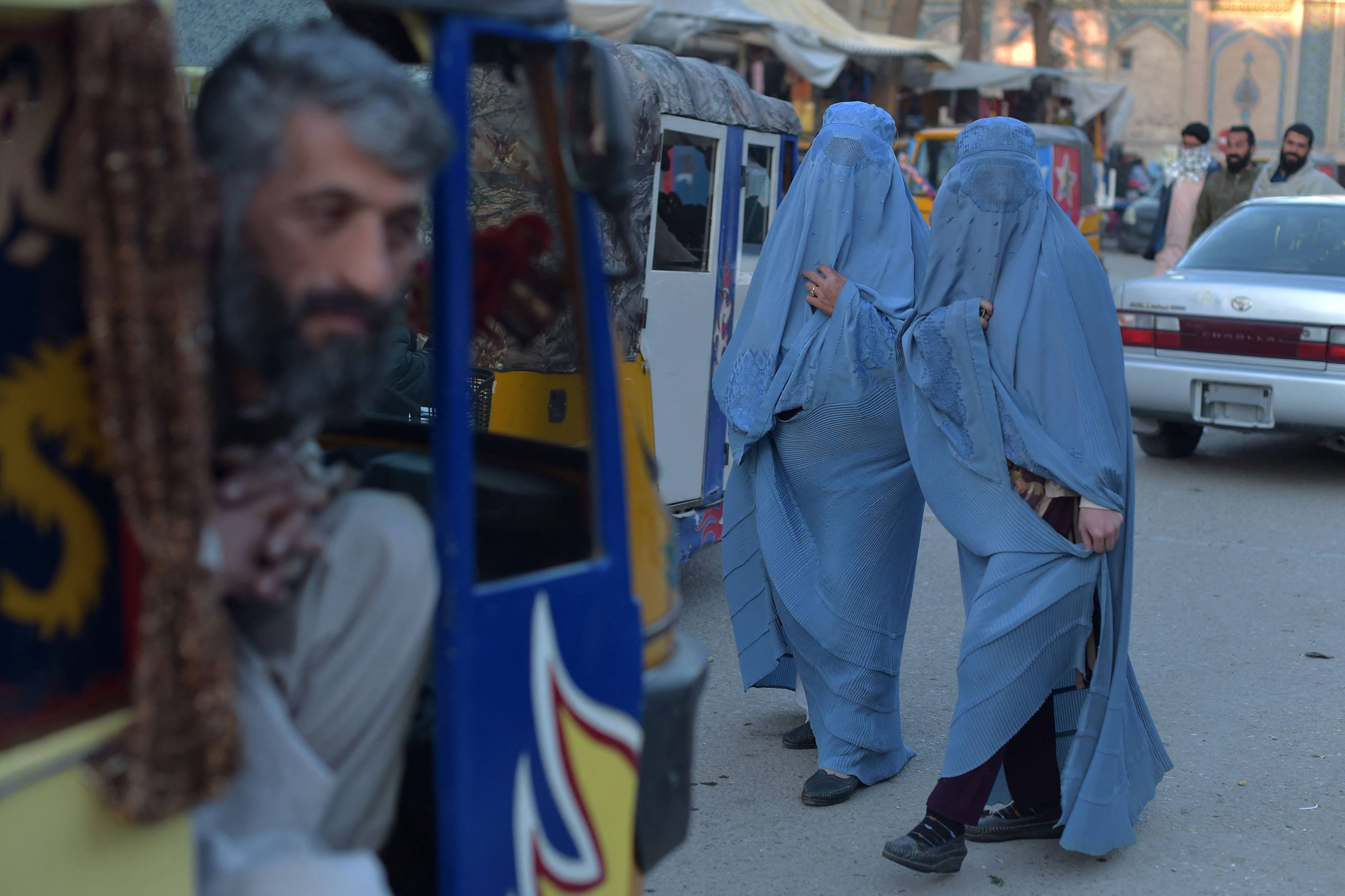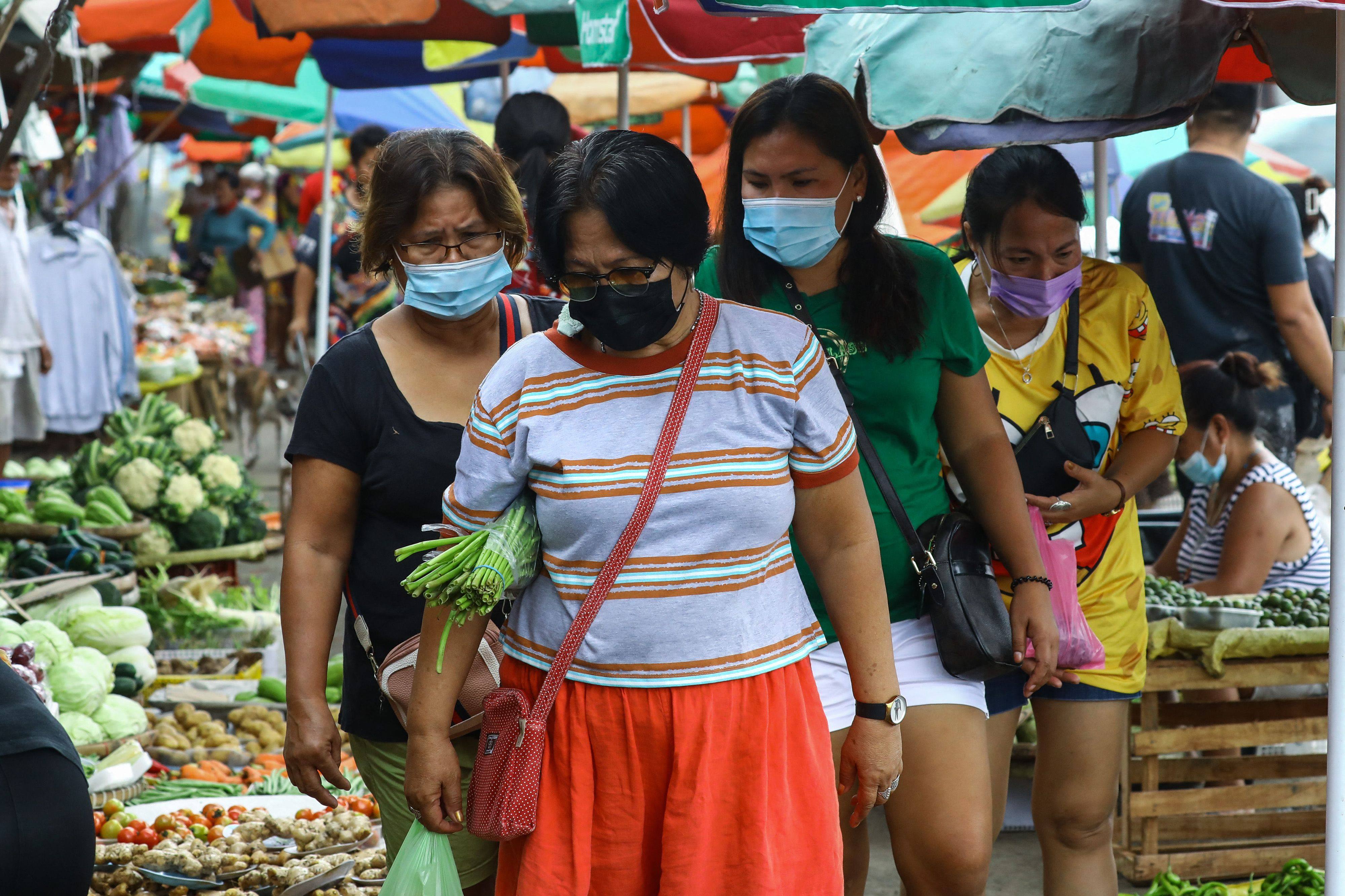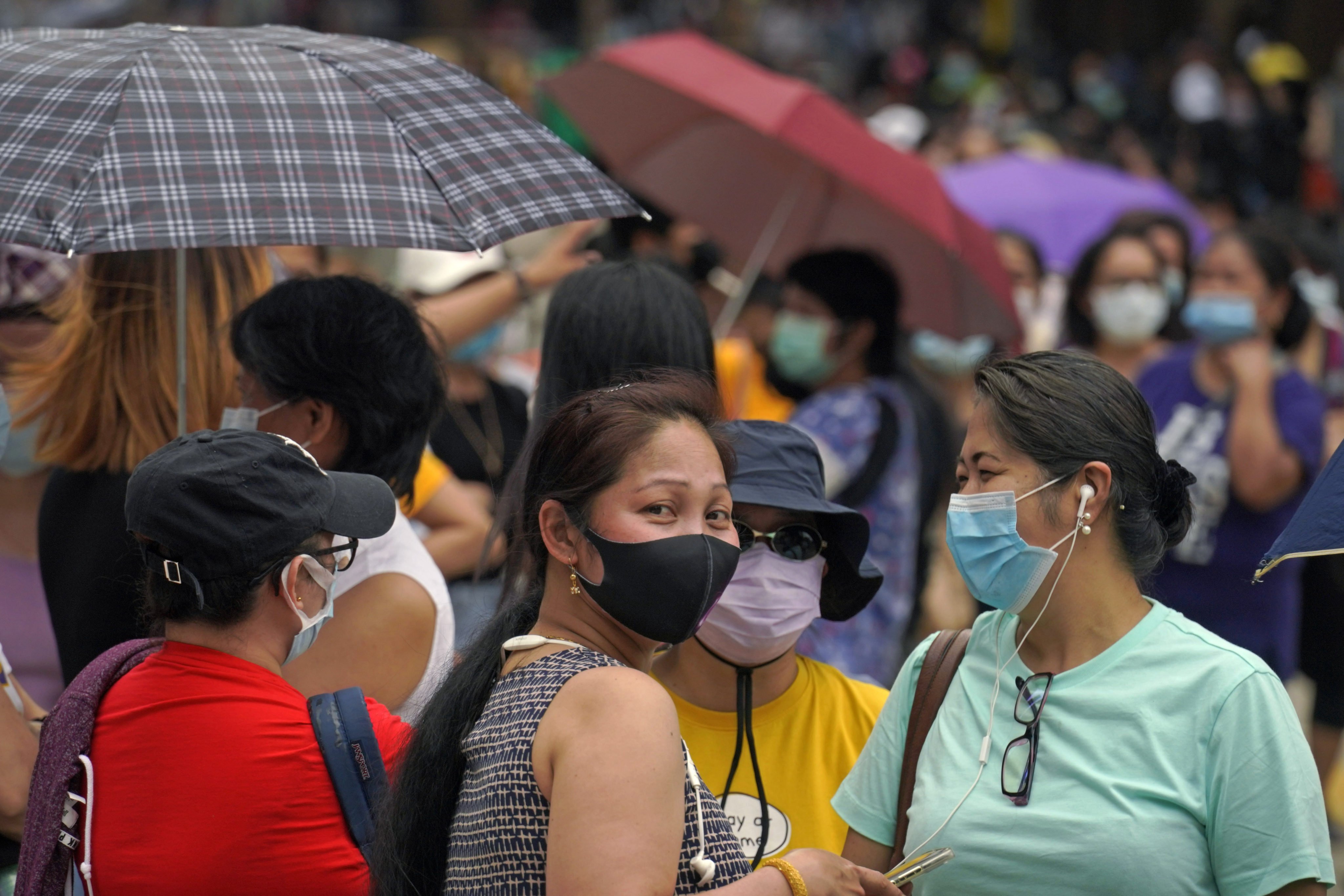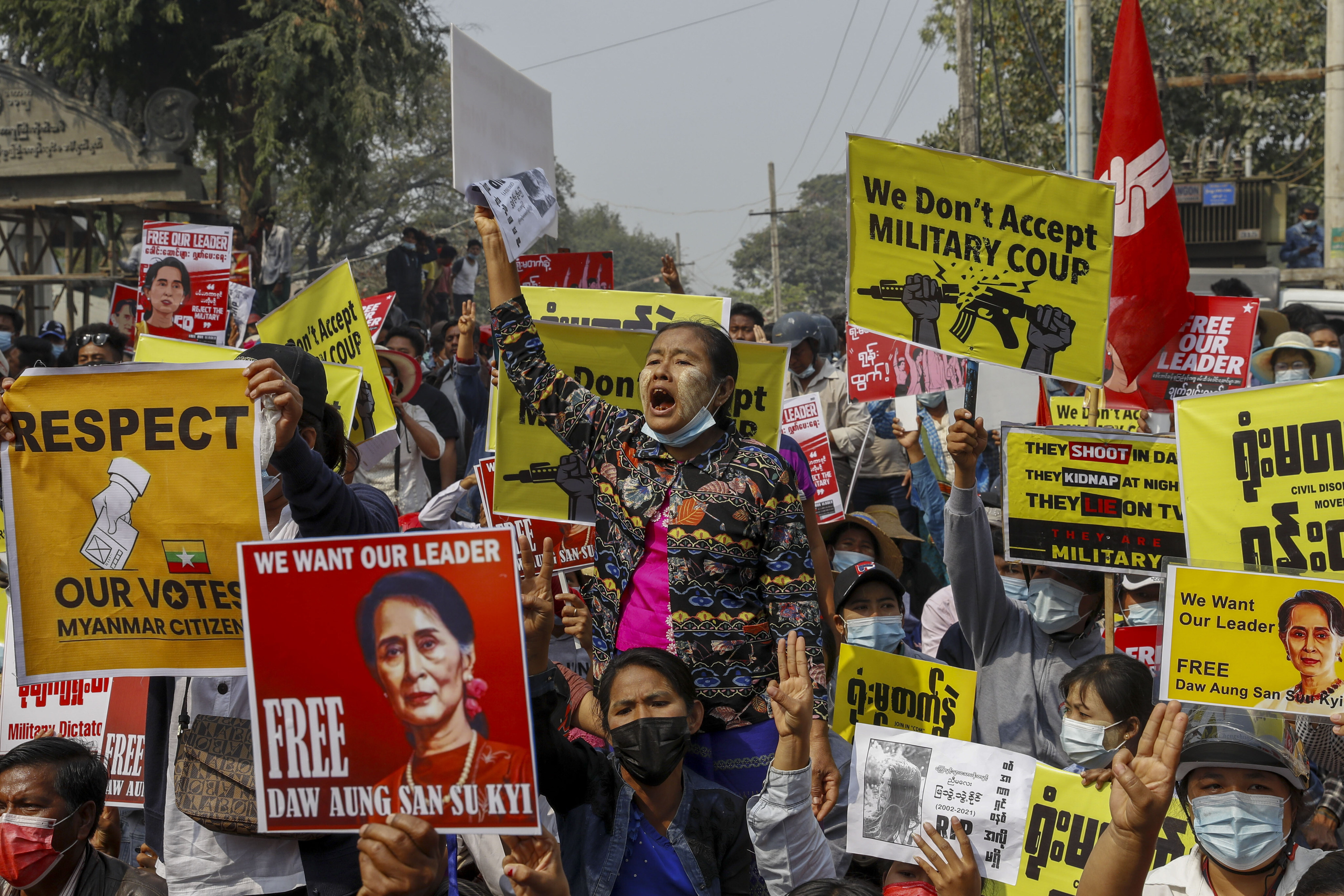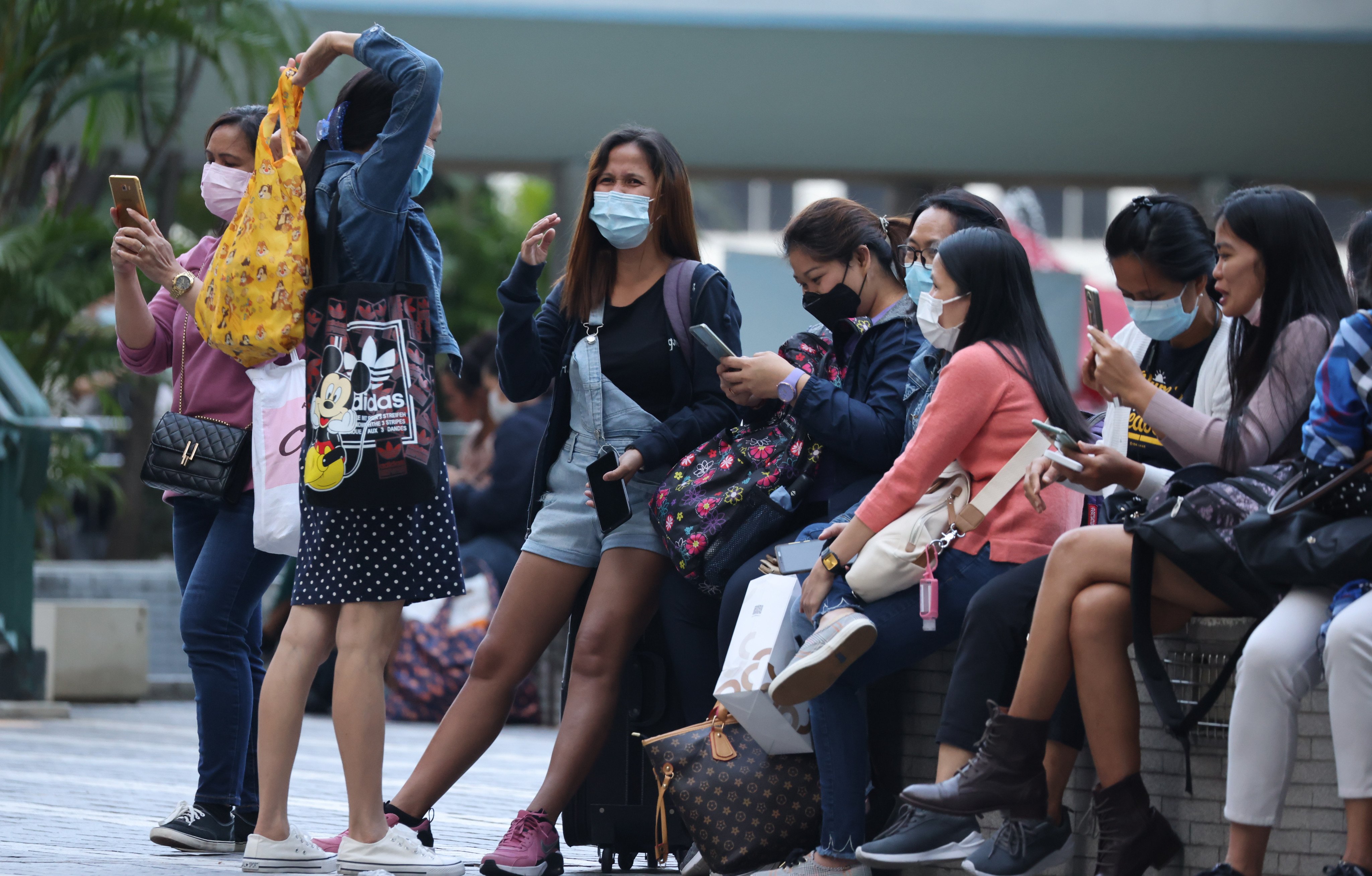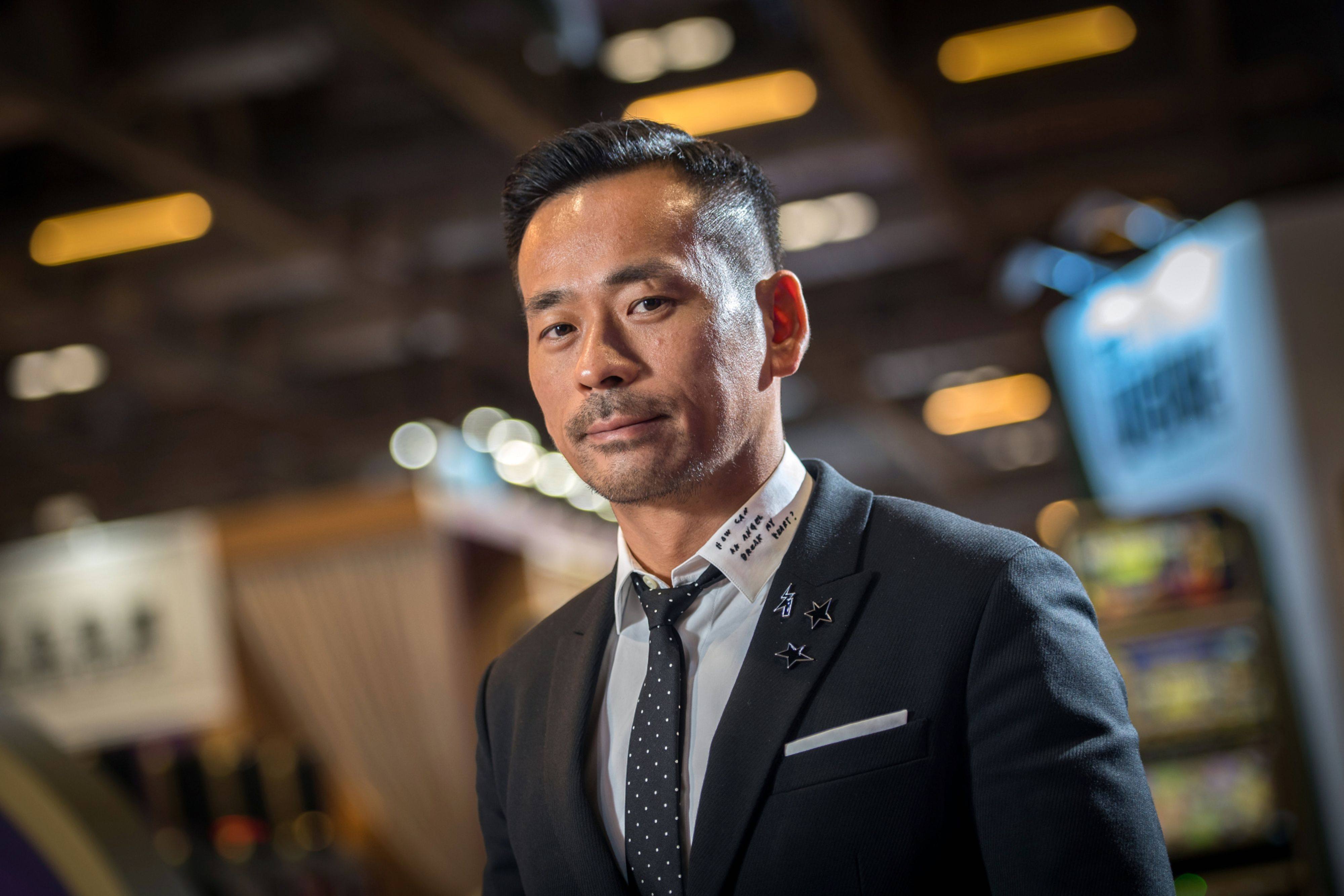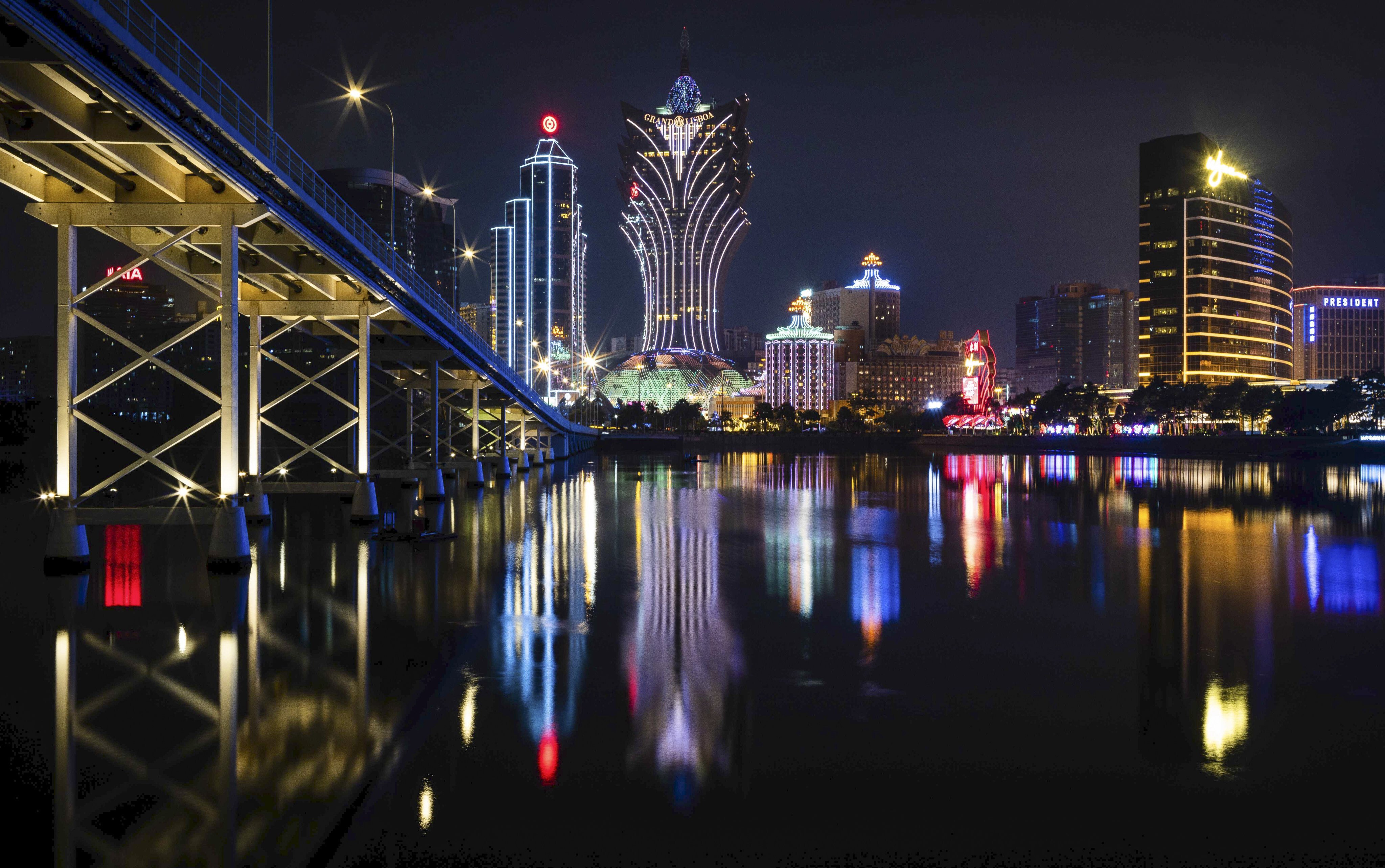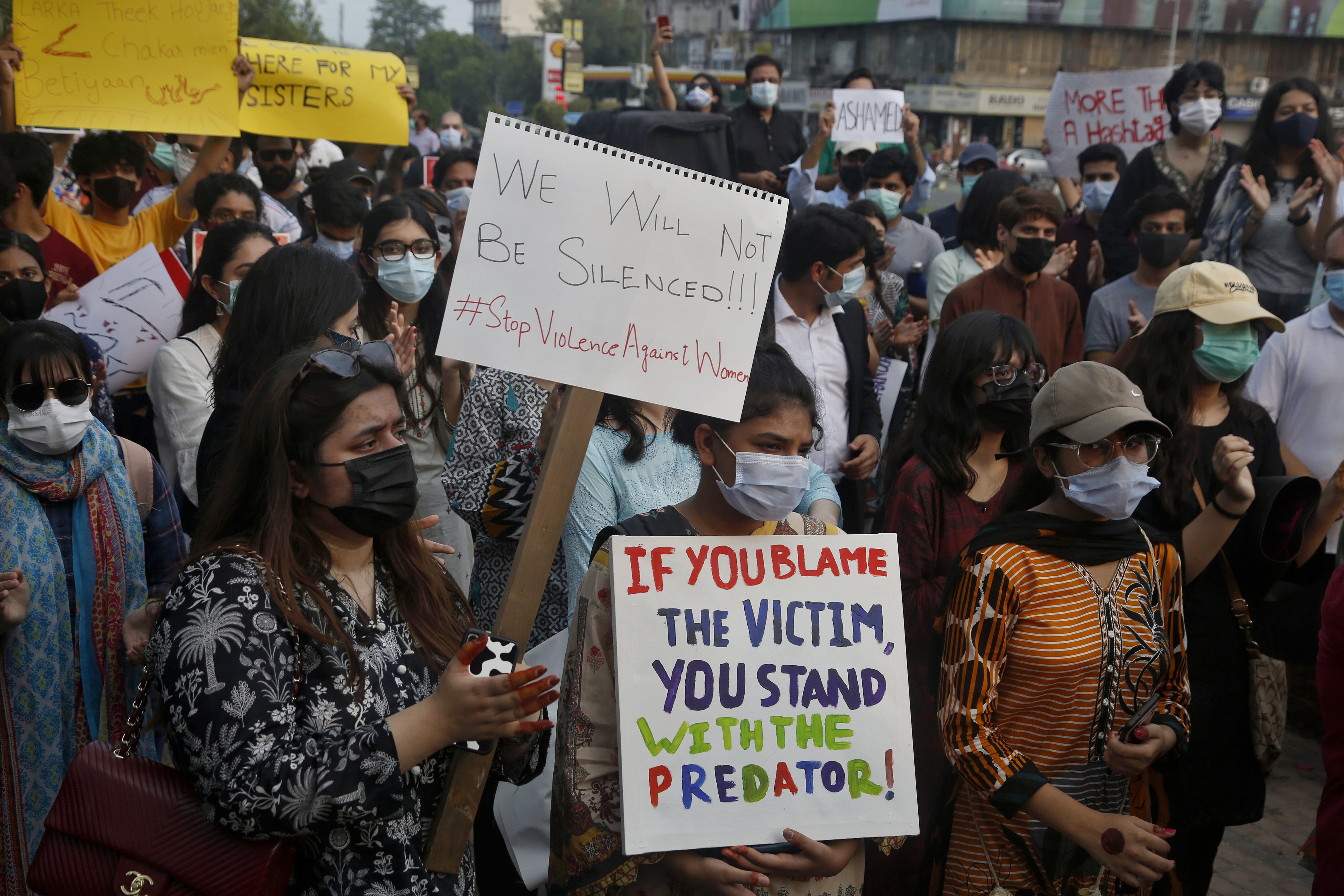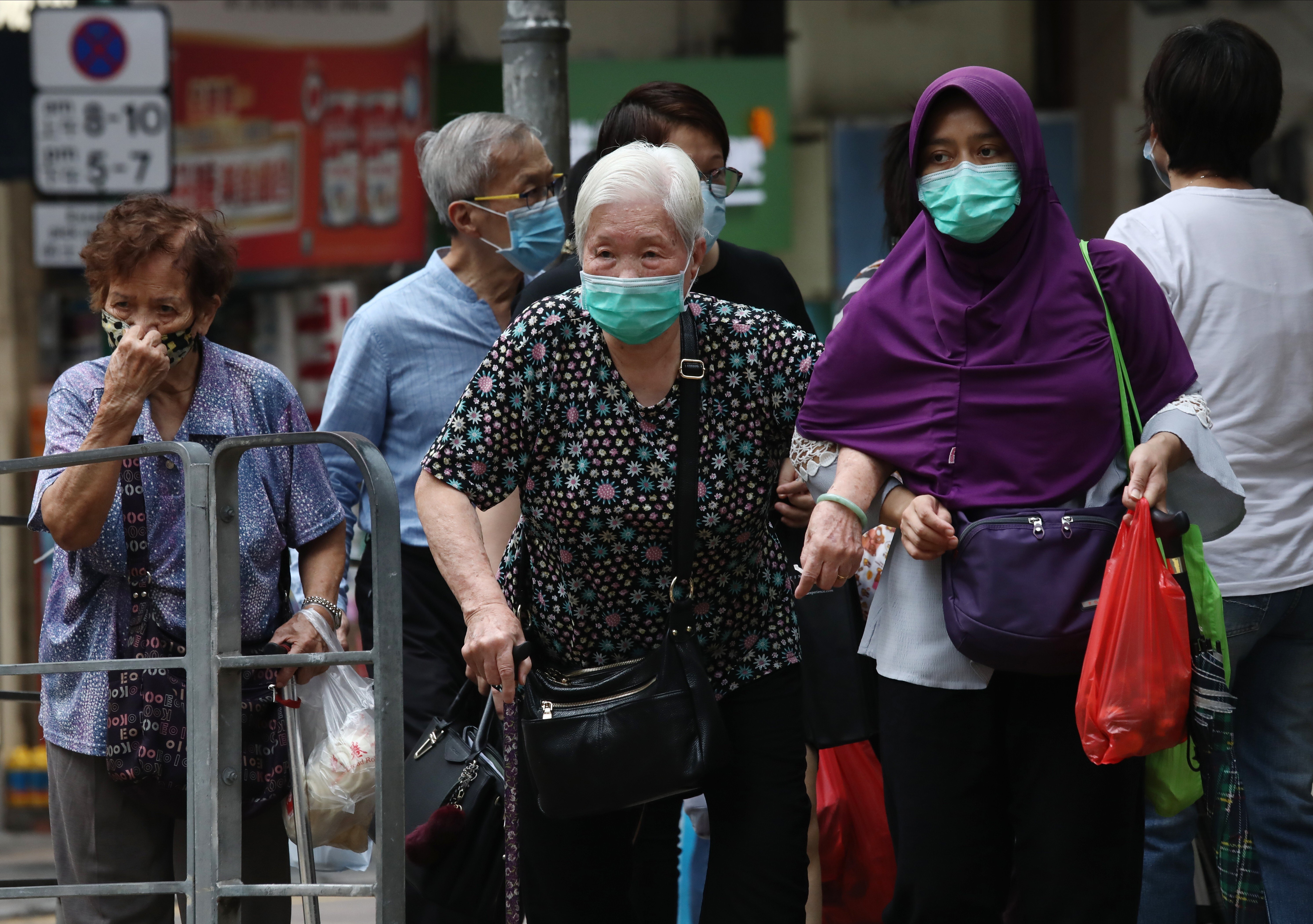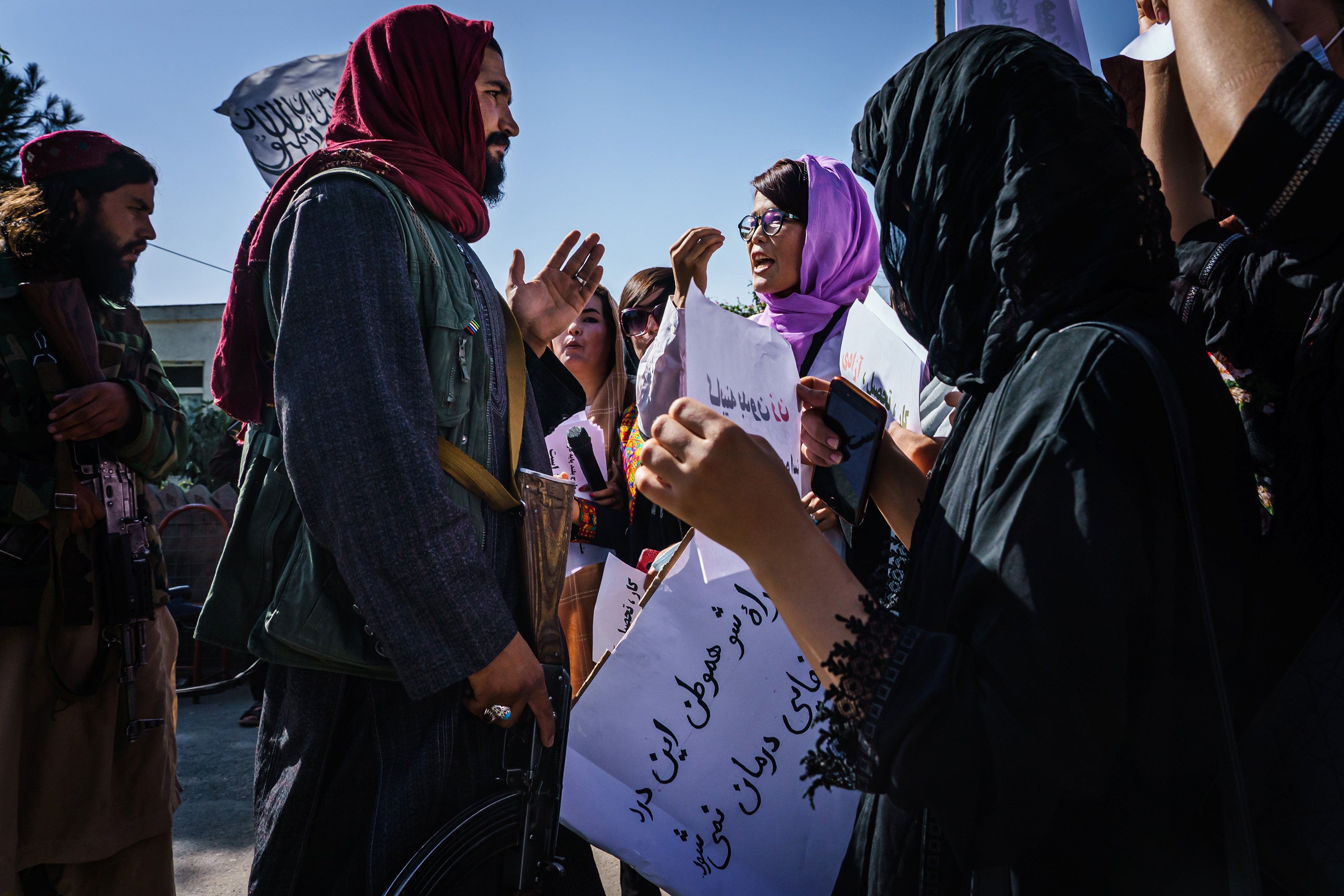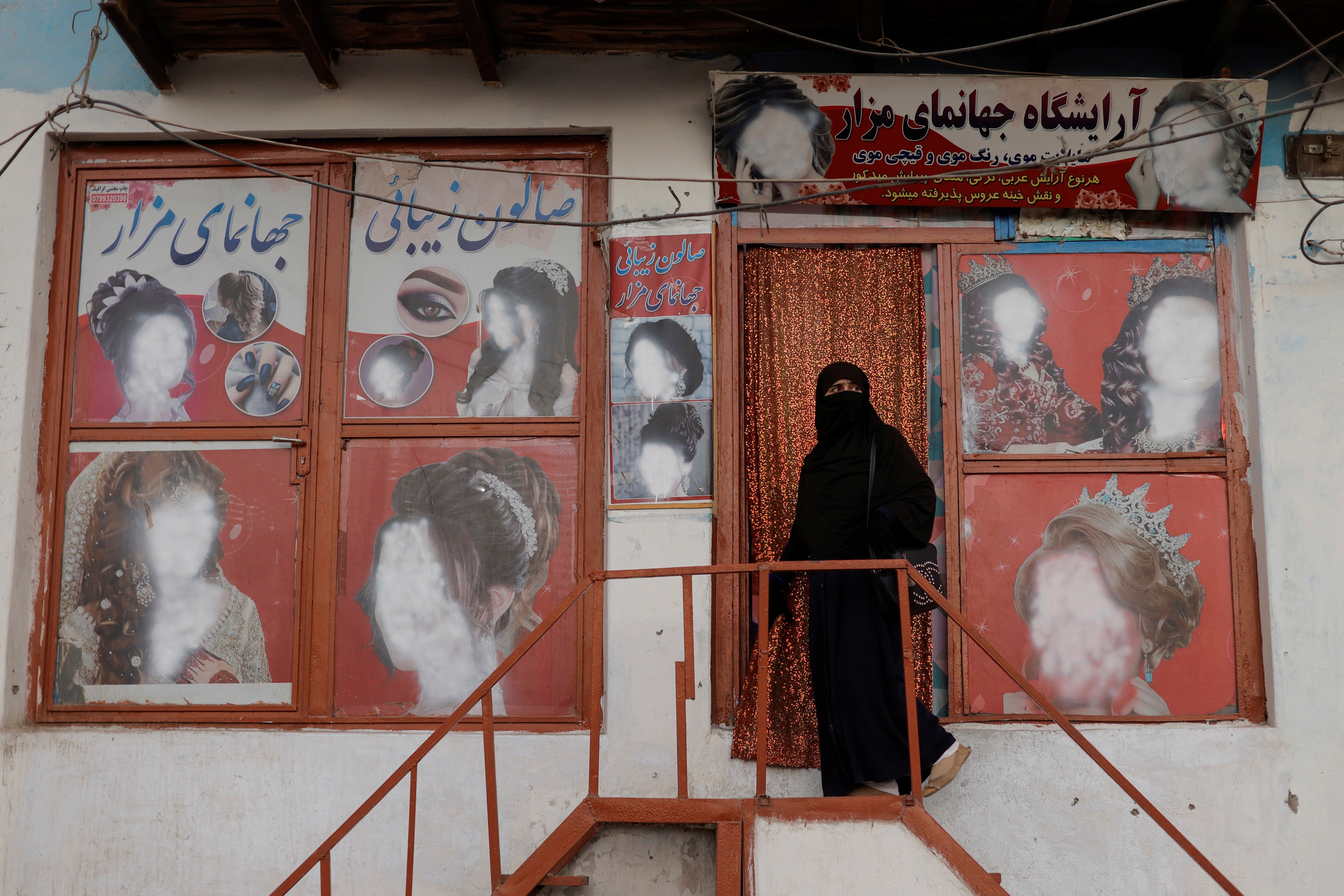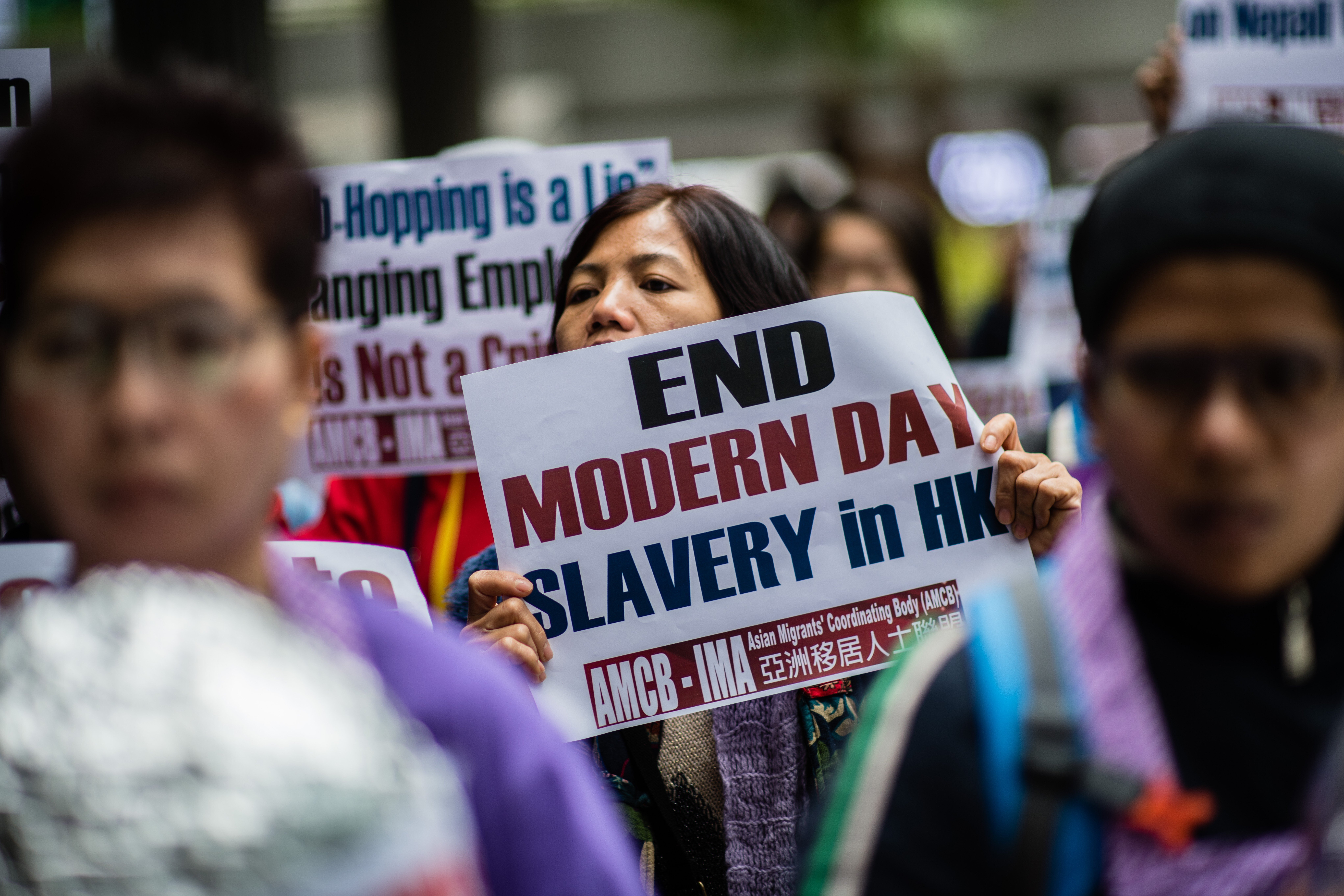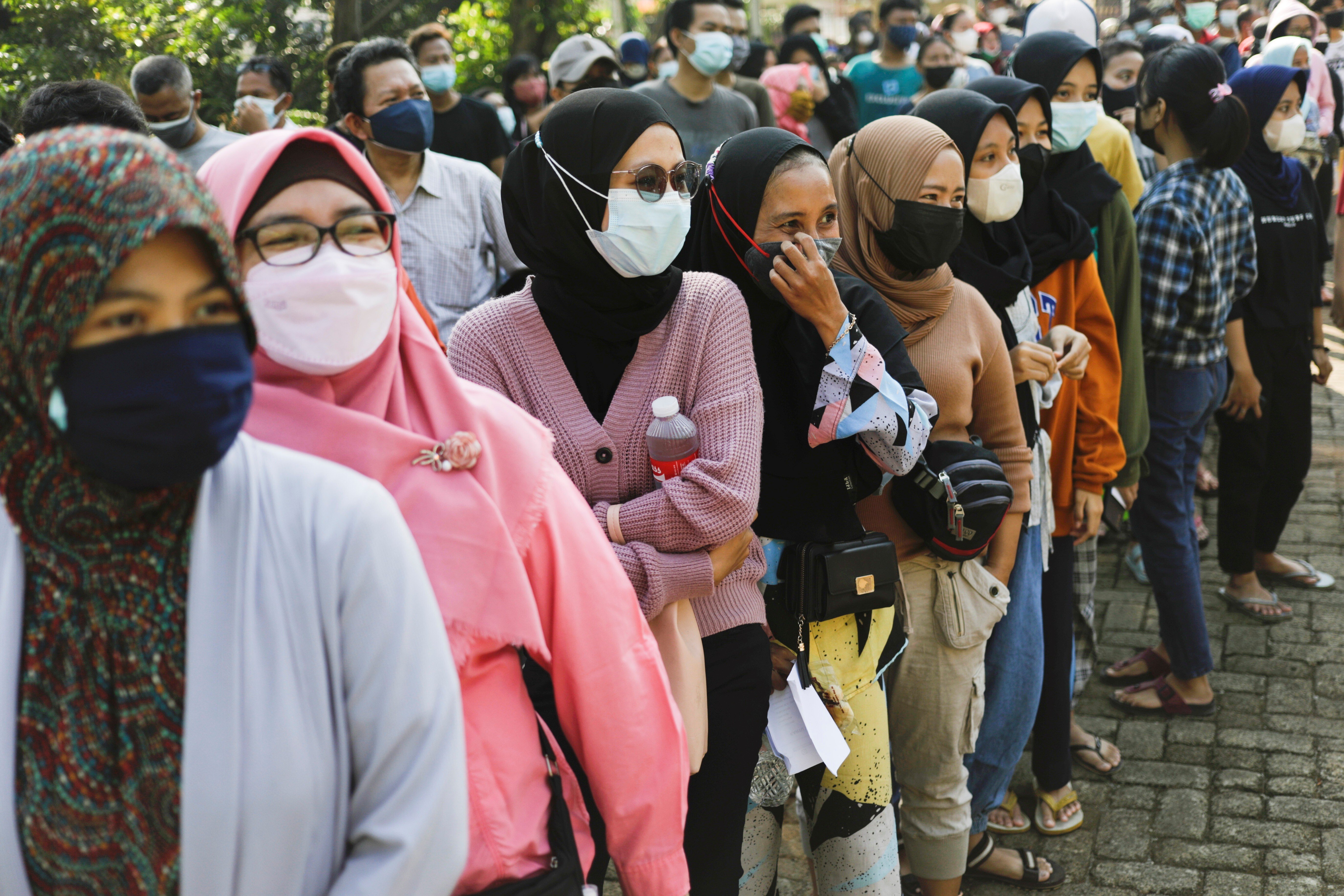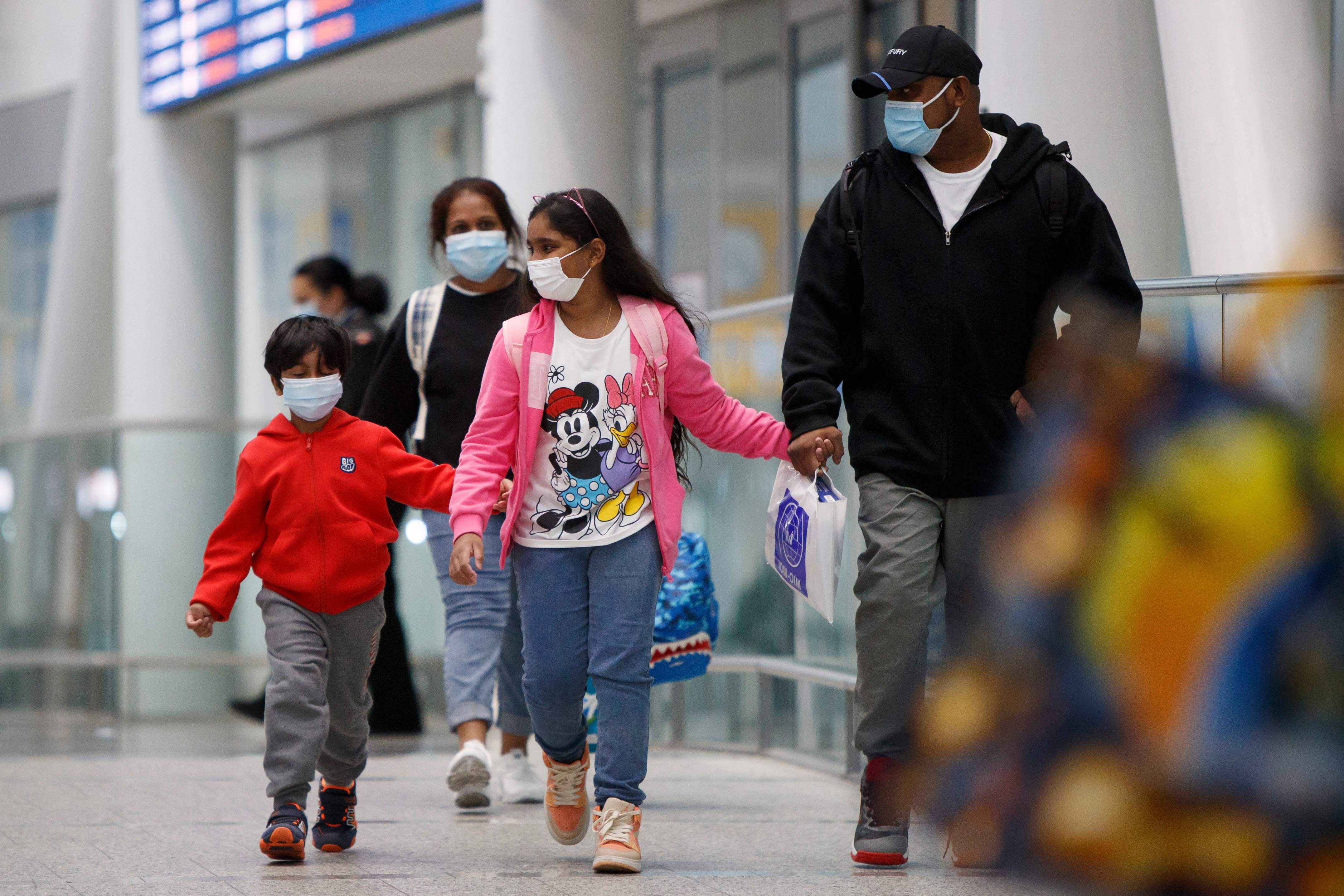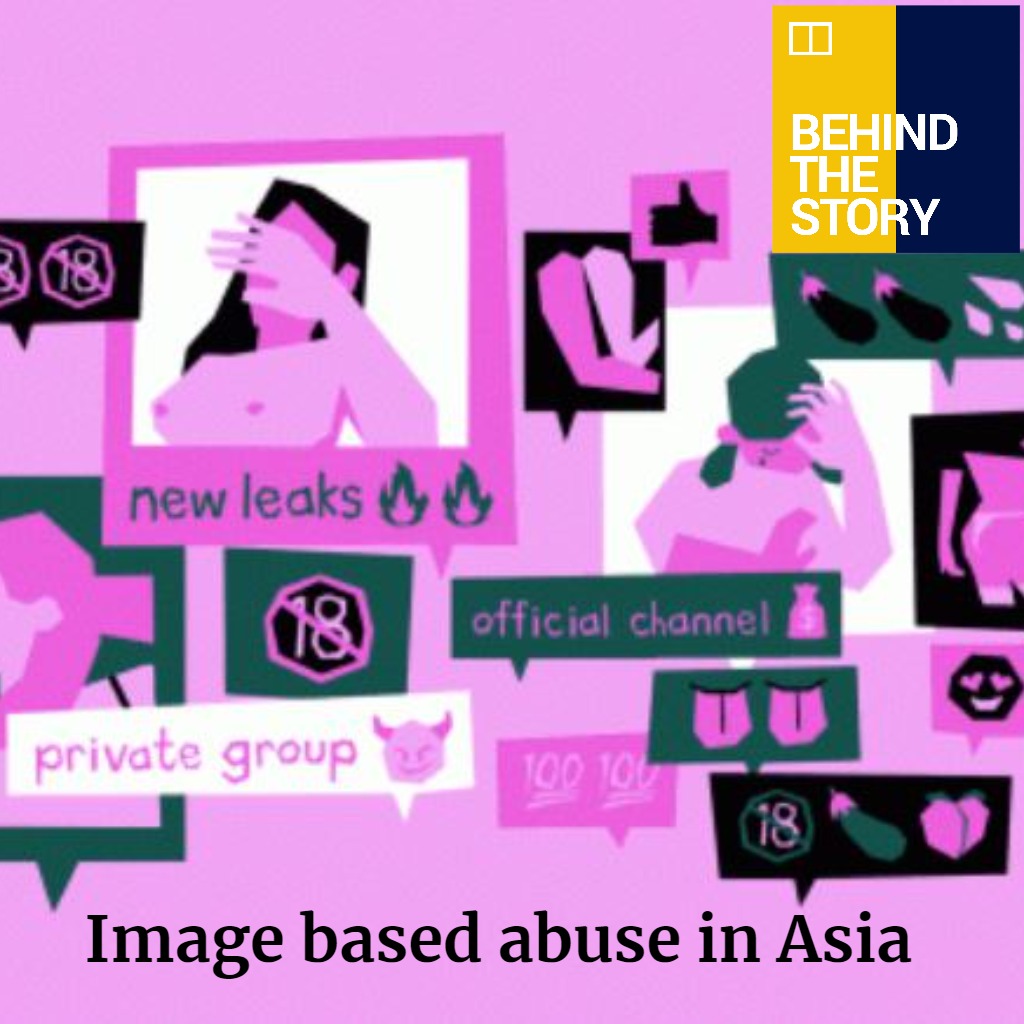Advertisement
Advertisement

Raquel Carvalho
Asia Correspondent
Raquel Carvalho was Asia Correspondent for the Post.
In 2000, not a single woman from the Asia-Pacific countries served in UN peacekeeping forces. That has changed dramatically, with women from across the region pursuing careers thousands of kilometres from home and family.
Despite high prices of food and baby milk formula, frequent electricity outages and daily air raid sirens, Philippine migrant mother Rhea Taibova tries to give her daughter a semblance of normality.
Female community leaders in southern Thailand have provided support and training specially for women and youngsters, who have grappled with the impact of endemic violence, poverty, drug trafficking and the pandemic.
Despite rise in number of women in extremist cells, many more others are key to preventing radicalism and rehabilitation work in Indonesia, experts say.
Advertisement
As Asean prepares to launch a regional framework on promoting women’s role in peacebuilding, ‘superwoman’ Connie Dumato and her daughter Princess provide a template for female-led conflict resolution.
An advocate says Kenyan workers in Hong Kong are working ‘like slaves’, with some reporting verbal abuse, lack of food and limited freedom of movement.
Afghanistan has seen a surge in gender-based violence, child brides, forced marriages and women being arrested for ‘moral corruption’, Amnesty International found.
Researchers call on popular brands to make a ‘responsible exit’, as abuse against garment workers in Myanmar has risen since the military takeover last year.
Women have borne the brunt of hardship two years after the pandemic, a new UN report shows.
Rights activist Sara Seerat’s life was upended following the Taliban takeover, leaving her constantly worried about other women under the regime. Now she lives in Berlin and aims to help women everywhere, including in Ukraine.
Film shines a light on the challenges faced by Filipino domestic workers in Hong Kong, who are often regarded as second-class citizens and sometimes ill-treated by employers.
A new report analysing nearly 9,000 messages received by high-profile women showed that Instagram didn’t act on 90 per cent of abuse sent via DMs.
Dozens of domestic workers who tested positive for Covid-19 have been left homeless and facing discrimination; crisis highlights need to revise rule forcing them to live in the same house as employers.
Sarah Knibbs, UN women’s deputy regional director, called on Asian countries to have more women engaged in leadership and policymaking focused on climate change.
The world must not forget Afghanistan’s girls and women: global powers that have ties with the Taliban, such as China, have a moral obligation.
Authorities say the new department will simplify and enhance services for migrants overseas, but experts and workers fear increased bureaucracy.
The Macau government announced earlier this year that it will grant six new casino licences, but experts say that it will not be business as usual.
As the city enters the third year of the Covid-19 pandemic, the lines between work and rest for its helpers have become blurrier, writes Raquel Carvalho.
As the junta’s bloody crackdown on dissent intensifies, experts and advocates call on Chinese firms to take a more ethical approach and withdraw their investments.
Pregnant domestic workers and those who are far from their children are among those struggling the most amid Covid-19 restrictions. Specialists warn of isolation’s impact on their mental health, and the need for more support.
Suncity Group’s high-flying owner had an appealing rags-to-riches tale, but reportedly built his empire with the help of convicted gangsters.
Observers say Chau’s arrest has sent shock waves through the gaming industry as the junket business has been vital to the sector and long tolerated by China.
Some of the most egregious cases involved a young woman who was beheaded in Pakistan and a domestic worker beaten by her employer in Hong Kong.
A Singapore scheme that allows some helpers to be hired by companies instead of household employers offers these workers greater flexibility and labour rights.
A cafe owner, a teacher and an activist describe how Afghanistan has changed since the Taliban took over.
Mohammad Naciri wants women’s and girls’ rights to be at the centre of bilateral talks on Afghanistan.
Immersive experience by International Labour Organization aims to raise awareness among employers about illegal and unethical hiring practices.
Education for women and girls, Covid-19 relief and migrant rights should be top priorities for incoming executive director Sima Sami Bahous.
Sri Lankan family who had sheltered US whistle-blower Edward Snowden in Hong Kong landed in Canada as privately sponsored refugees

